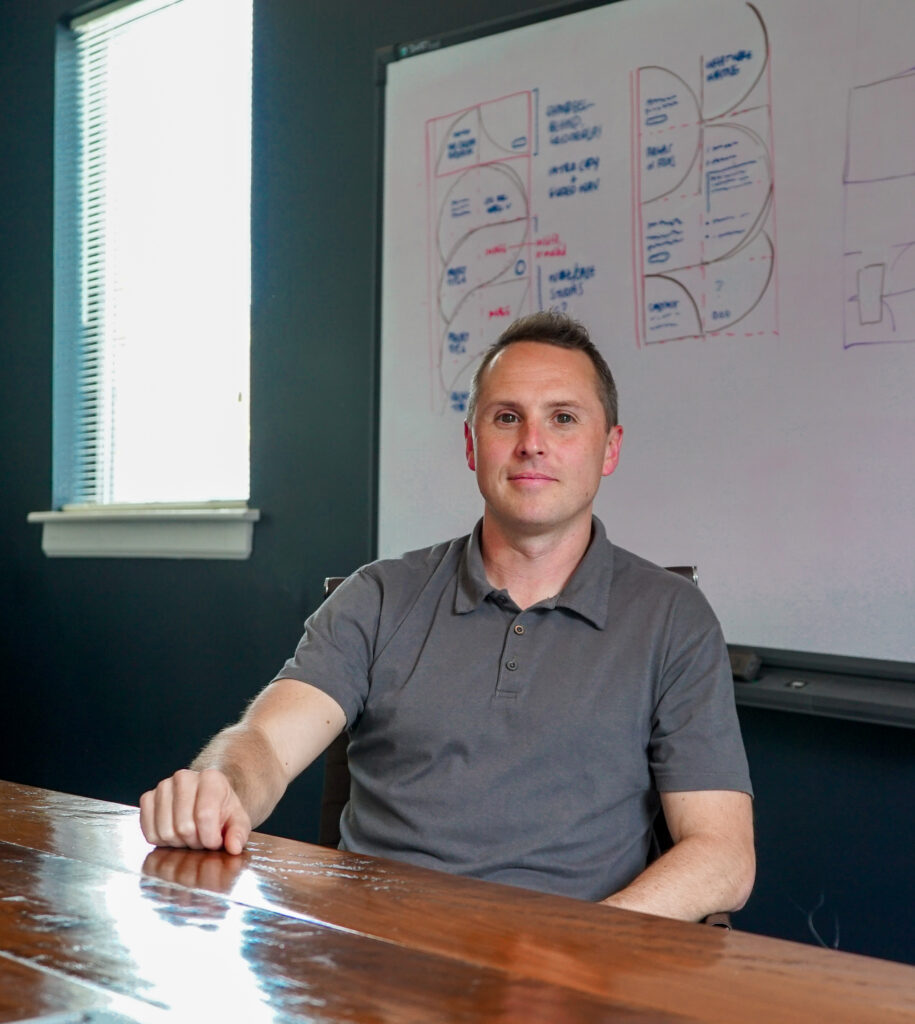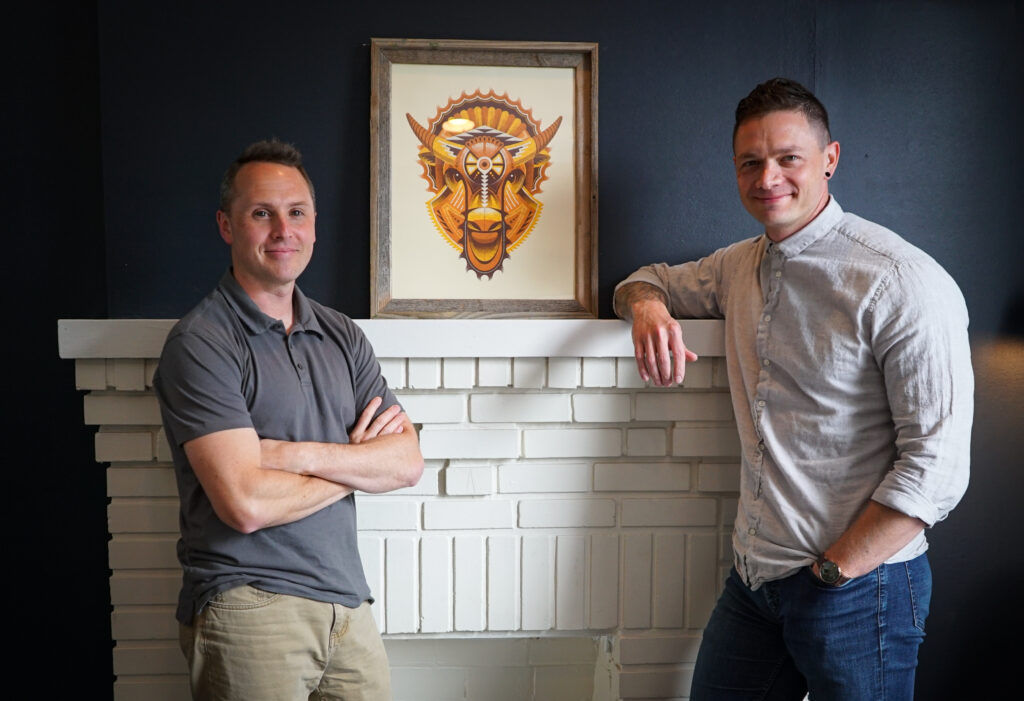When a research group called OpenAI launched its flagship artificial intelligence (AI) chatbot, ChatGPT, the world of technology changed forever.
Built on a deep language learning model (LLM) that allows it to learn as more information is given, ChatGPT feels as if there were someone on the other side replying to your specific prompt or request.
When asked, “What is ChatGPT?” the platform responds:
ChatGPT is specifically designed for interactive conversations and dialogue generation. It has been trained on a massive amount of text data from the internet, allowing it to understand and generate human-like responses to prompts and questions.
It serves as a search bar, virtual assistant, writer, editor and so much more. Need a great Apple dessert recipe? It uses huge amounts of data to deliver step-by-step instructions in record time.

Like ChatGPT, many other AI interfaces are now facilitating tasks in today’s workforce – from project management tools like Motion, customer service tools like IBM’s Watson Assistant, and AI design generators found in Canva and Adobe.
While the possibilities seem limitless, there are ceilings to each of these platforms.
When asked, “What can’t ChatGPT do?” the platform offers a list of limitations including fact-checking and accuracy, understanding emotions, sustaining logical consistency, and providing real-time information or personal advice.
Despite its limitations, many believe AI platforms like ChatGPT are critical tools for driving efficiency in the workplace. Here in Chattanooga, some small businesses are leveraging this technology to gain a unique advantage over competitors who have not yet implemented AI tools.
“It’s a game changer,” says Nate Johnson, partner and CCO, Triptych. “It’s hard to overstate what it means for the landscape of not just our industry, but every other industry.”
Founded in 2007, Triptych (formerly L2D), creates interactive campaigns and complex web applications for companies and organizations including EPB and Creative Discovery Museum.
The agency has worked with brands like Meta, Microsoft Cloud and government agencies, including the FBI, in applications ranging from web design to 3D and augmented reality (AR) experiences.


In 2018, they partnered with North Face and The Atlantic’s Re:think creative studio to create an augmented and virtual reality experience recreating an ascent of Mount Everest from its base camp to neighboring peaks Lhotse and Nuptse.
Since inception, Triptych has taken emerging technologies and leveraged them back toward human interaction. This humancentric approach is one of the reasons why Triptych executives Nate Johnson; Tyler Johnson, CTO; and C. Eliott Johnston, theoretical technologist and chief strategy officer, all chose to relocate to Chattanooga.
“We felt really fortunate over the years to build a company around a community, and Chattanooga has been great for accomplishing that goal,” Johnston says. “If we had built this company in San Francisco – and honestly, we had the option – we would’ve been looking over our shoulders thinking that our developers were going to be with us for three months before moving to Apple or being recruited by Google.”

“Chattanooga is a place where people can raise kids while having access to the best internet in the world. There’s a lot of value here.”
In addition to providing a high-quality of life for employees and fast fiber-optic internet, Triptych founders settled on Chattanooga for the available talent pipelines needed to support their growing field.
“Chattanooga has an infrastructure that’s really hard to beat,” Johnson says. “With EPB being here – and having that tech infrastructure – there have been some really, really talented people that we have worked with coming from North Georgia and surrounding areas.”
“It’s a great place to live, and the infrastructure created by EPB and others creates a really easy place for an industry like ours to draw talent and exist,” he adds.
An early adopter of AI technology, Triptych implements tools like ChatGPT, GitHub Copilot, and Midjourney as a “catalyst for generating ideas.”
“We’re apprehensively excited about being able to use [AI]. Mainly because right now it’s not at a place where you can prompt it to deliver usable results right out of the box,” Johnson says. “It’s not going to give you 100% production-ready images, 3D models, or anything like that.”
The partners suggest part of that apprehension also stems from AI’s potential to mask underperformance. A recent Massachusetts Institute of Technology study on customer service noted productivity gains of workers using generative AI were highest among those with least experience. For workers with the highest skills and experience, productivity was essentially flat.
“I understand the value of raising a low-performing or newer employee to the level of a high-performing employee. And I think that’s wonderful because everybody rises,” Johnston says.
“At the same time, what you’ve done is placed everybody on the same playing field, and all these people who spent time being super conscientious to build their own tools – and really understand the company’s culture, who strive to be as helpful as they can be – all of a sudden, those intangible qualities of a human being who’s super invested in your company are erased by the technology.”

This new playing field has enticed some corporations to lay off or withhold from hiring workers in lieu of AI tools. But the mentality at Triptych is that AI is only as good as the humans behind the technology. They’ve implemented policies to protect employees and their future jobs against AI.
With the AI genie now out of the bottle, both Johnson and Johnston believe this technology can still be leveraged toward benefiting small businesses – so long as its done responsibly.
“Let your already conscientious employees have access to this and push themselves to take projects even further. Big companies are going to move a lot slower because it’s going to take time to adopt this sort of technology… As a small business, I think it’s going to make us faster and allow us to compete at a higher level,” Johnston says. “It may be this amazing toolset, but we have to use it in the context of human wisdom. Outside of human intuition, data is just data.”
Johnson adds:
“People are going to see an advantage if they adopt [AI], understand the dangers, and are willing to go through the work of vetting the results in conjunction with their employees. When companies use it responsibly as a supplement to empower their team, they can compete with these larger companies.”
Learn more about Triptych, here.
See why more tech companies choose Chattanooga at GreaterChatt.com.
Featured image of Low Poly Photogrammetry courtesy of Triptych.










